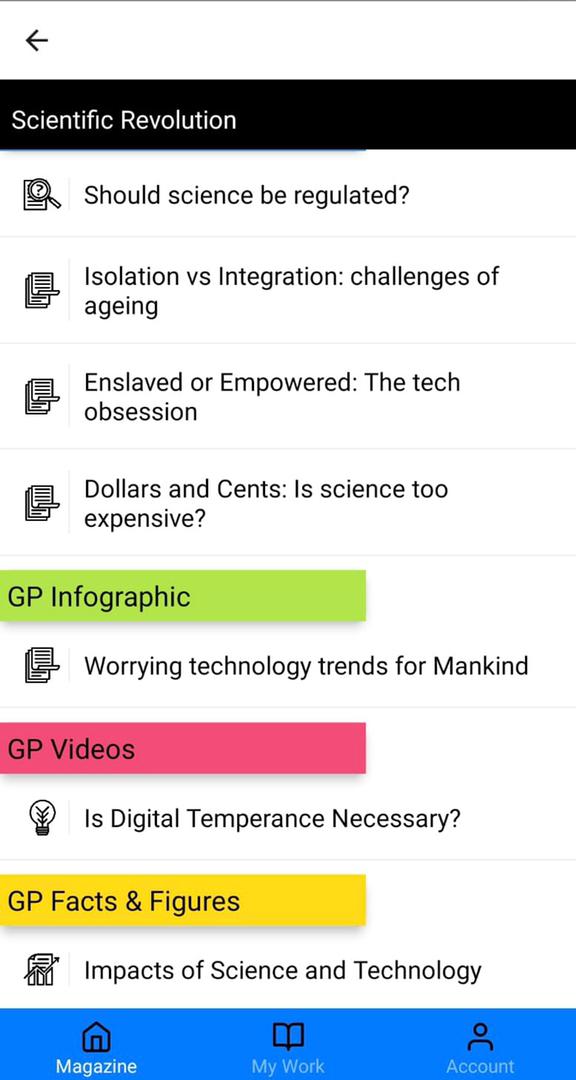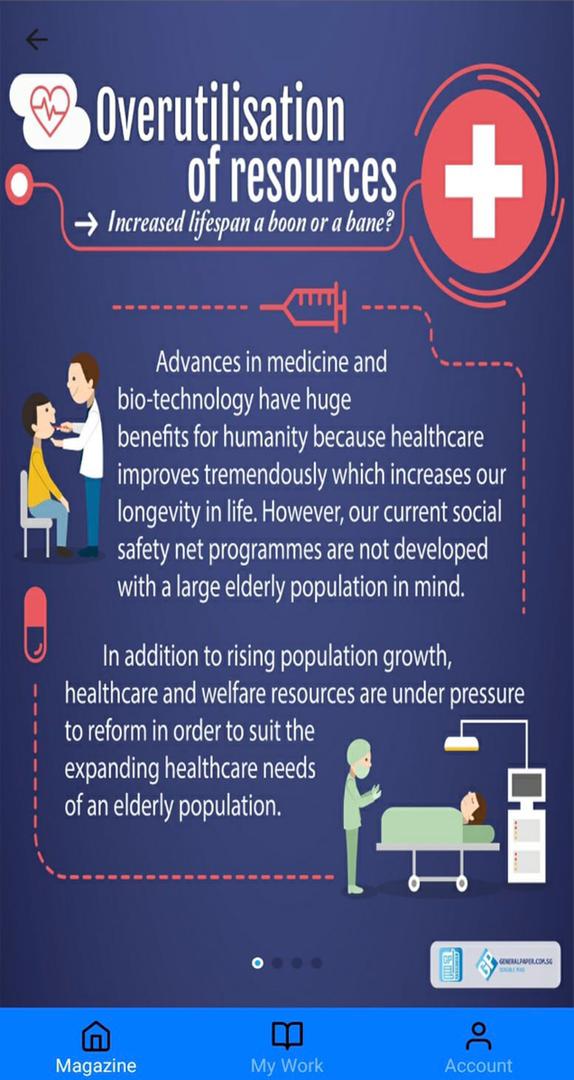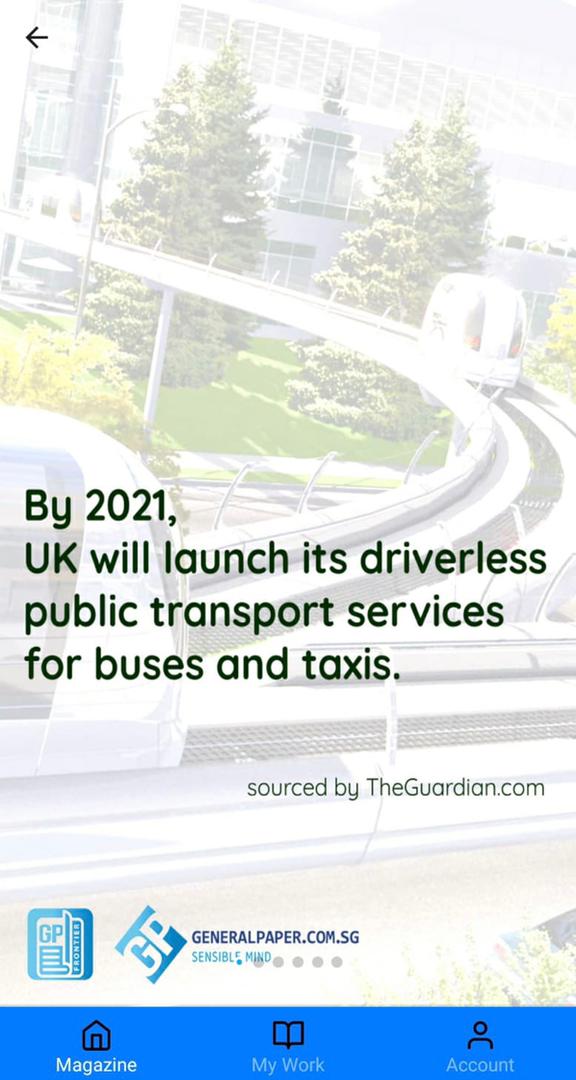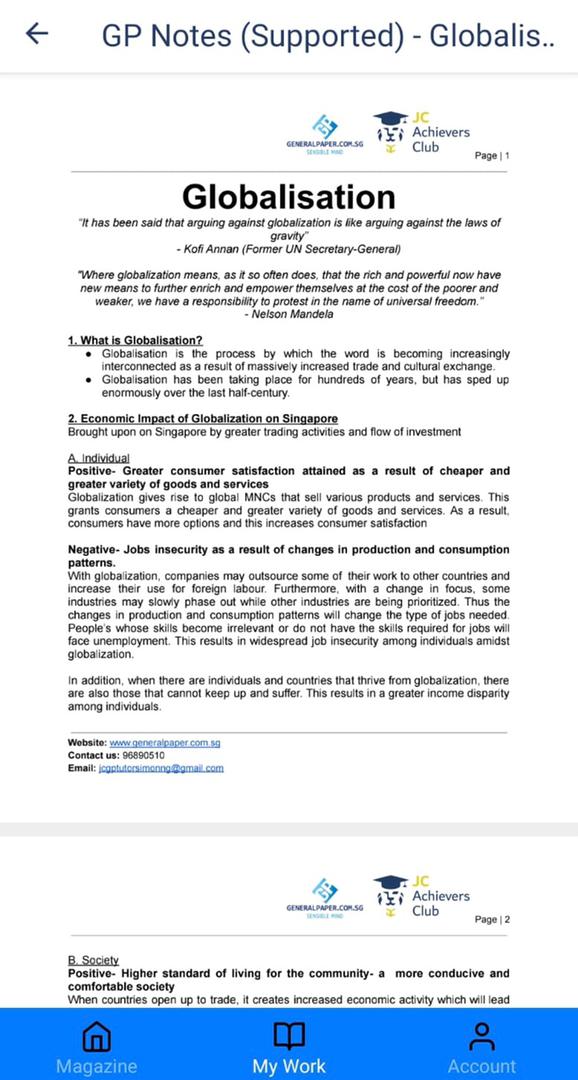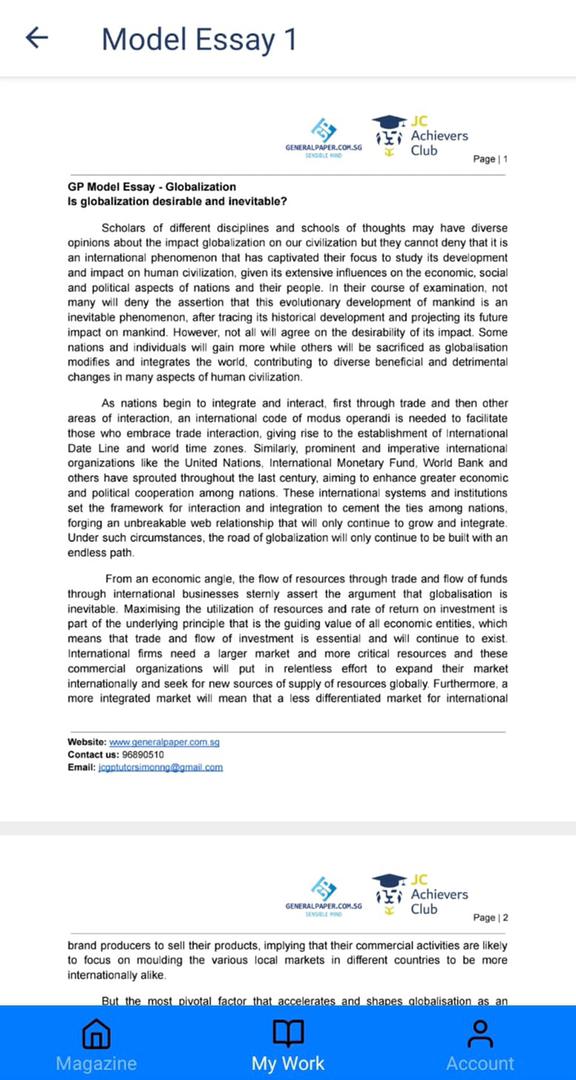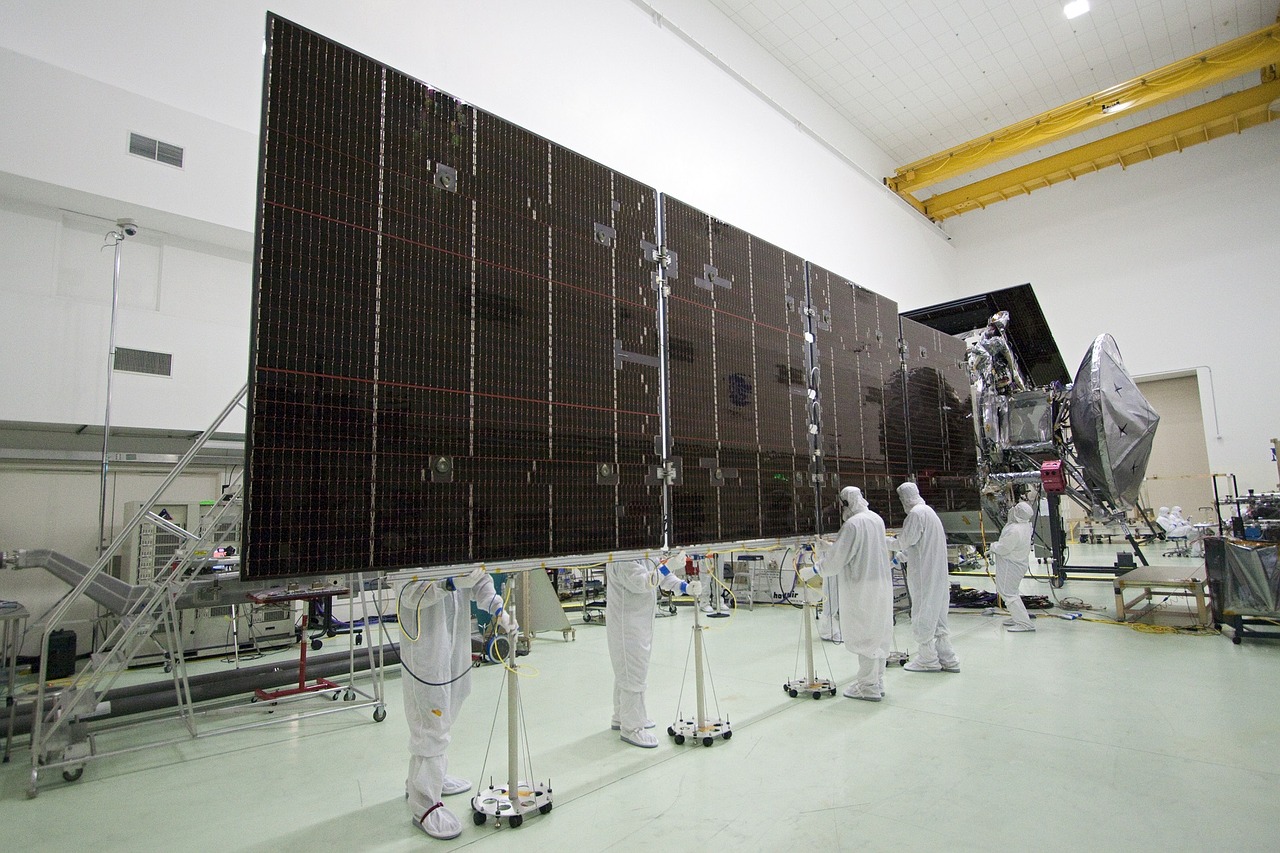
GP Tuition Simon Ng on Science and Technology | Economic
Be part of our vibrant learning community
Join now to get more learning resources like this

Join our FREE GP Learners Club
to learn anywhere and anytime!
Be a digital learner
and get Grade A for GP
Get learning resources Now?
GP Study Magazine
and cultivate writing and answering skills
 Learn More
Learn More
GP Videos | Content Enrichment |
GP Essays | Infographics | GP Facts
How does Science and Technology affect the economy?
Browse our GP Tuition Notes on Science and Technology to comprehend the economic impacts. For example, technological advancement has given rise to the increased usage of automation, which is feared by the less adaptable individuals. As such, fearmongers argue that automation may lead to the demise of jobs.
In this modern era, there is a growing science and technology demand for countries to boost their economy. Science and Technology intensify production levels across industries and economies through the means of new product technologies. The economy strives with the advantages of these technologies which in turn spurs improvements in our personal skills. Both the private and public sectors also stand to gain from this development, reaping benefits such as productivity and advancing more ambitious goals. While Science and Technology seemingly bring about many positive impacts to the economy, it in fact also creates various problems for individuals and society where there may be an increase in skill incompatibility for workers, displacement of jobs and over-reliance with the use of Science and Technology. Therefore, with such an expansive development of science and technology, the economy naturally experiences changes in the corporate and civil service areas.
Affect our skills
Given the momentous development science and technology has brought us, it is inevitable for productivity to pave its path in our life. We create systems and tools to raise our work efficiency and effectiveness while discovering new ways to reduce our limitations. Jobs that were labour intensive in the past has become more manageable with the help of machines to do most of the laborious work. In addition, developed countries are shifting their focus from labour intensive to capital intensive to help further improve their economy. Skills such as agricultural and manufacturing have been relegated and instead replaced by higher level skills such as service, technical, IT and management. This can be seen in developed countries like Singapore it moved away from low-end industries, particularly in manufacturing, to focus on value-added sectors such as biotechnology and pharmaceuticals.
Affect our businesses
With the heightened competitiveness of the globalised technological globe, business strives to adopt new practices to gain comparative advantages against rivals. As such, businesses aim to raise production capacity by introducing innovative technologies to lower cost and increase labour productivity. New business concepts become viable as the economy shifts to sharing economies and cooperative industries with help from the ability to harness the consumer and producer data. For instance, mining companies use big data to analyse mineral components of possible mines before they commence mining operations. Furthermore, banks are transforming their operations with digitalisation which can be seen from the creation of ETF funds to passively track stock indexes with the help of technology.
Affect our jobs
While science and technology create greater efficiency, it can threaten to upheave jobs especially from the labour-intensive industries as the rise of automation reduces labour requirement since rigid and systematic processes can now be emulated by machines. With the use of collaborative robots is growing rapidly, there is an increasing trend of robots specifically suited to any manufacturing task. One of the most widely known examples of a company doing this is a FANUC plant in Japan. As a result, if employees are unable to upgrade their skills, they will be shunned by the industry and become unemployed. Hence, there will be a loss of income and financial security among those working in the labour-intensive industries.


